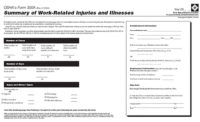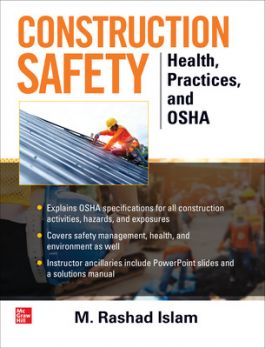Lawsuit filed over OSHA’s failure to post injury, illness data

The Trump administration’s refusal to fulfill a provision of OSHA’s injury and illness tracking rule has resulted in a lawsuit by Public Citizen. The advocacy group filed the suit Friday in federal court against OSHA and the U.S. Department of Labor, claiming that an exemption the agency cited in its denial of a Freedom of Information Act (FOIA) request does not apply.
The regulation requires employers with more than 10 employees in most industries to keep records of occupational injuries and illnesses at their establishments. Employers covered by the rule must record each recordable employee injury and illness on an OSHA Form 300 and submit that information electronically to the agency.
According to the rule, “OSHA intends to post the establishment-specific injury and illness data it collects under this final rule on its public Web site at www.osha.gov.” That provision was controversial at the time the rule was issued. Employers and industry stakeholders argued – unsuccessfully – that making that data publicly available would expose companies to liability or endanger worker privacy.
To date, worker injury and illness data has not been posted on the OSHA website.
Public Citizen filed FOIA requests that sought records submitted to the agency under the Final Rule from August 1 to October 31, 2017. OSHA denied the requests, stating that it was withholding the 23,416 records it identified during that time, claiming the release of the records would “disclose OSHA’s techniques and procedures for law enforcement investigations” – referring to an FOIA exemption.
According to Public Citizen, the DOL also said the agency was not collecting Forms 300 or 301 at this time, despite the fact that OSHA is still reminding employers in its monthly enewsletters to comply with the recordkeeping rule by posting a copy of 300A. (See below, from OSHA's Jan. 17 enewsletter.)

Public Citizen’s suit alleges that the records in question are not exempt under FOIA exemption 7(E) “because the records were not compiled for law enforcement purposes, the release of the records would not disclose techniques and procedures for law enforcement investigations or prosecutions, and disclosure of the records could not reasonably be expected to risk circumvention of the law.”
Looking for a reprint of this article?
From high-res PDFs to custom plaques, order your copy today!








.jpg?t=1721257160)
